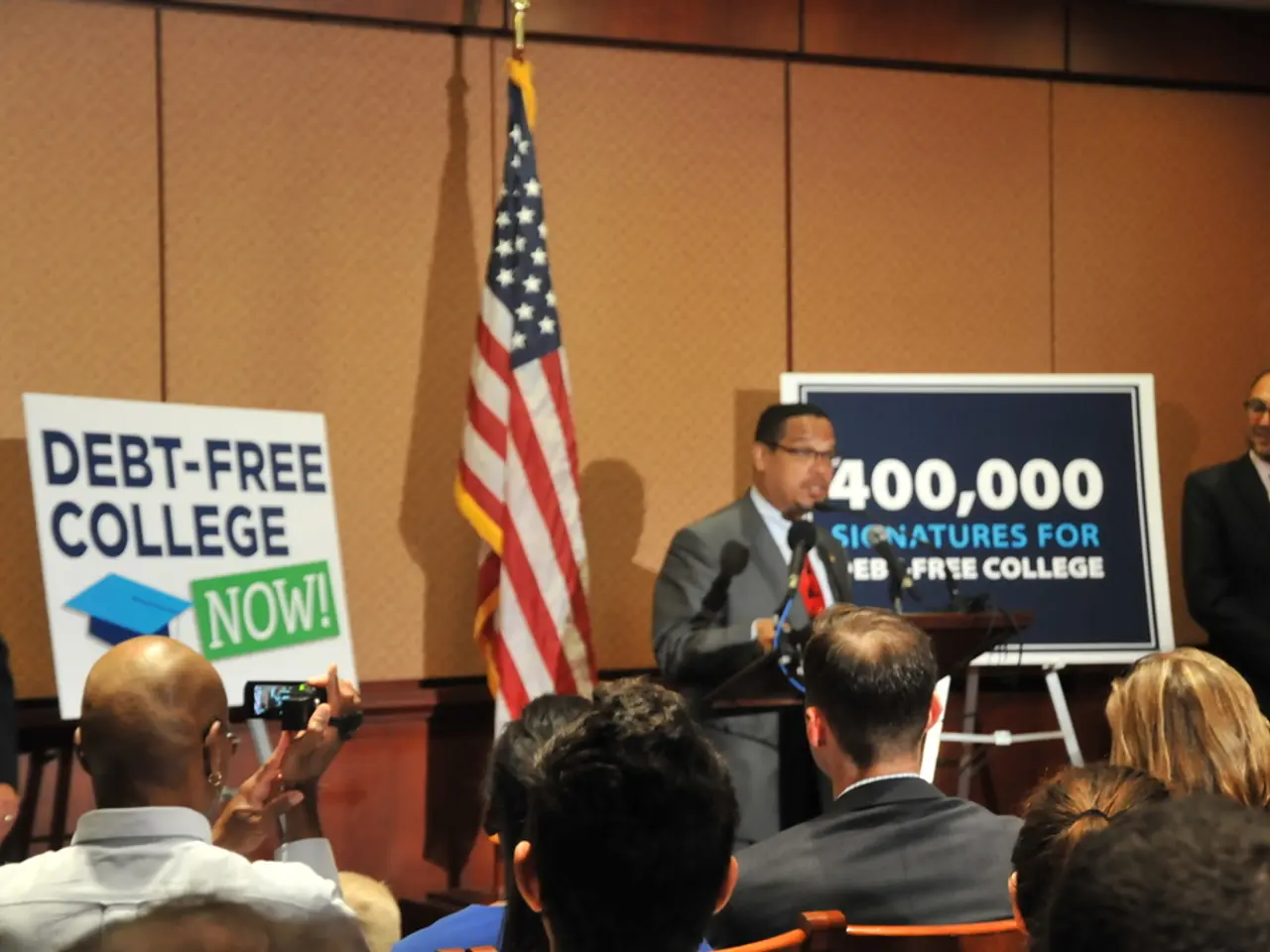Strategies for Crafting Political Content Through Social Media Monitoring
Social listening, a process of monitoring online conversations to understand public sentiment and opinions about political issues or candidates, is becoming an increasingly valuable tool for political campaigns.
By analysing platforms like Twitter, Facebook, Instagram, YouTube, Reddit, and Telegram groups, social listening tools can uncover audience interests, emotional triggers, misinformation trends, influencers, and competitor weaknesses. This wealth of information allows campaigns to craft relevant and resonant messages, ensuring that their messaging aligns with voter needs.
One of the key advantages of social listening is its ability to detect fake news or misinformation. By staying abreast of the latest narratives, campaigns can correct misinformation before it gains traction, enhancing the integrity of political discourse.
Social listening also provides real-time sentiment trends, which can indicate momentum shifts or voter enthusiasm levels. While it cannot predict election outcomes, it offers insights that can help campaigns adjust their strategies in response to changing public opinion.
Local and regional elections benefit from social listening as well. By providing micro-level insights, it helps shape hyperlocal strategies and address community-specific issues, ensuring that campaigns remain relevant and responsive to their constituents.
Social listening also plays a role in opposition research. By monitoring what voters are saying about opponents, it can uncover vulnerabilities or missed opportunities that can be exploited for political gain.
In terms of debate and speech preparation, social listening improves candidates' ability to address current public sentiment. By understanding the concerns and priorities of voters, candidates can tailor their speeches and debates to address real issues, avoiding disconnected talking points.
Moreover, social listening enhances voter engagement by participating in ongoing conversations and addressing public concerns in real-time. This proactive approach fosters a sense of connection between candidates and voters, potentially increasing voter turnout.
Finally, social listening helps in targeting specific demographics. By revealing how different age groups, regions, or communities are engaging with political topics, it enables campaigns to tailor their messaging to resonate with specific demographics, maximising the impact of their outreach.
In conclusion, social listening is a powerful tool for political campaigns. By providing insights into public sentiment, it allows campaigns to craft messages that resonate with voters, detect misinformation, and adjust strategies in response to changing public opinion. Used responsibly, it enhances democratic engagement and fosters a more informed and connected electorate.
Read also:
- United States tariffs pose a threat to India, necessitating the recruitment of adept negotiators or strategists, similar to those who had influenced Trump's decisions.
- Weekly happenings in the German Federal Parliament (Bundestag)
- Southwest region's most popular posts, accompanied by an inquiry:
- Discussion between Putin and Trump in Alaska could potentially overshadow Ukraine's concerns








